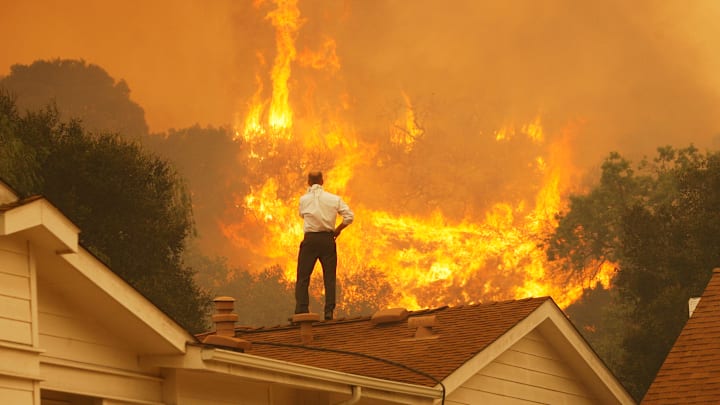Climate Change: Causes, Impacts, and Global Responses

Climate change refers to long-term shifts in temperature, precipitation patterns, and other climate variables due to human activities, primarily the burning of fossil fuels and deforestation. These activities release greenhouse gases (GHGs) such as carbon dioxide (CO2), methane (CH4), and nitrous oxide (N2O) into the atmosphere, trapping heat and leading to global warming.
The primary driver of climate change is the increase in GHG concentrations, which intensifies the greenhouse effect—a natural phenomenon that regulates Earth's temperature. Human activities have significantly amplified this effect since the Industrial Revolution, resulting in rising global temperatures, melting ice caps and glaciers, sea level rise, and more frequent and intense extreme weather events such as heatwaves, droughts, and hurricanes.
Impacts of climate change are widespread and diverse, affecting ecosystems, economies, and human health. Coral reefs, for example, are threatened by ocean warming and acidification, leading to bleaching events and biodiversity loss. Coastal communities face increased risks from sea-level rise and storm surges, while agricultural productivity is vulnerable to changing rainfall patterns and shifting growing seasons.
Global responses to climate change include international agreements such as the Paris Agreement, which aims to limit global temperature rise well below 2 degrees Celsius above pre-industrial levels, with efforts to pursue efforts to limit the temperature increase to 1.5 degrees Celsius. Countries are committing to reducing GHG emissions through policies and regulations, transitioning to renewable energy sources, promoting energy efficiency, and enhancing resilience to climate impacts.
Challenges in addressing climate change include political and economic barriers, technological limitations, and societal behavior. Achieving global climate goals requires coordinated action across sectors and countries, investment in research and innovation, and public engagement to raise awareness and support for climate action. Adaptation strategies, such as building climate-resilient infrastructure and implementing sustainable land-use practices, are essential for minimizing the impacts of climate change on vulnerable communities and ecosystems.
In conclusion, climate change represents one of the most pressing challenges facing humanity today, with far-reaching implications for the environment, society, and economy. By adopting ambitious mitigation and adaptation measures, countries can mitigate the worst impacts of climate change and build a sustainable future for generations to come.